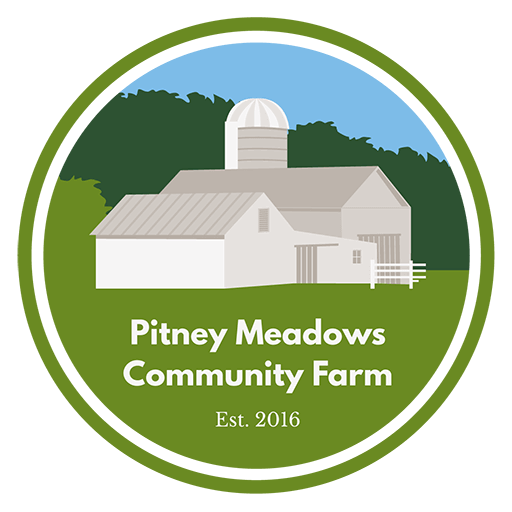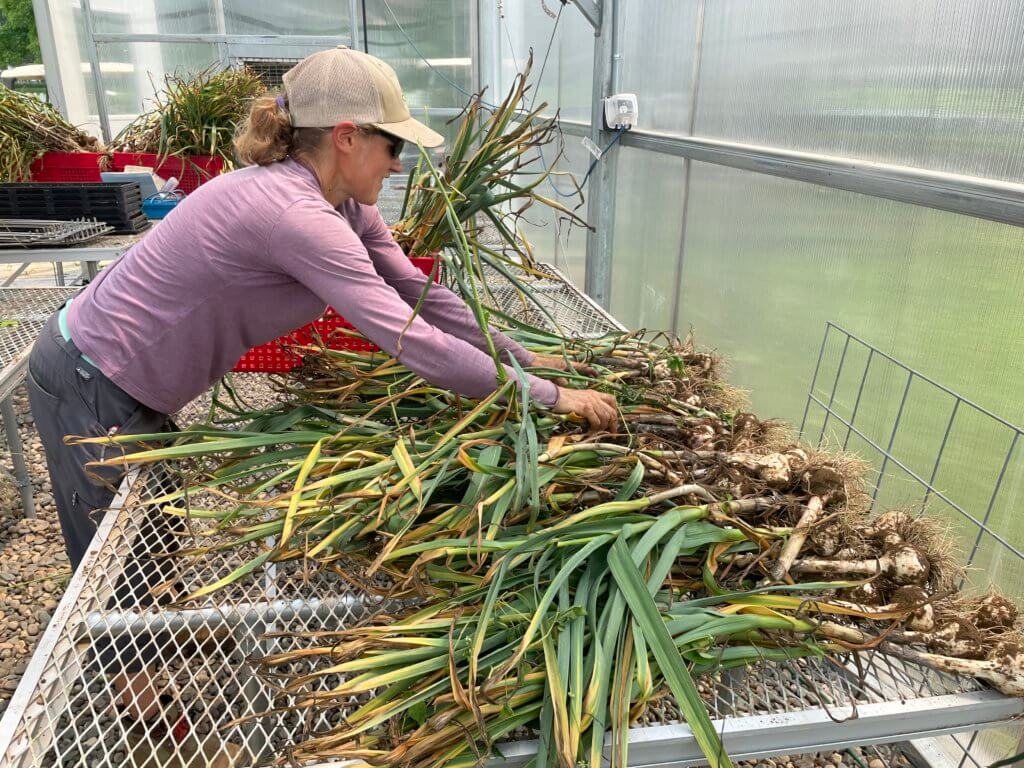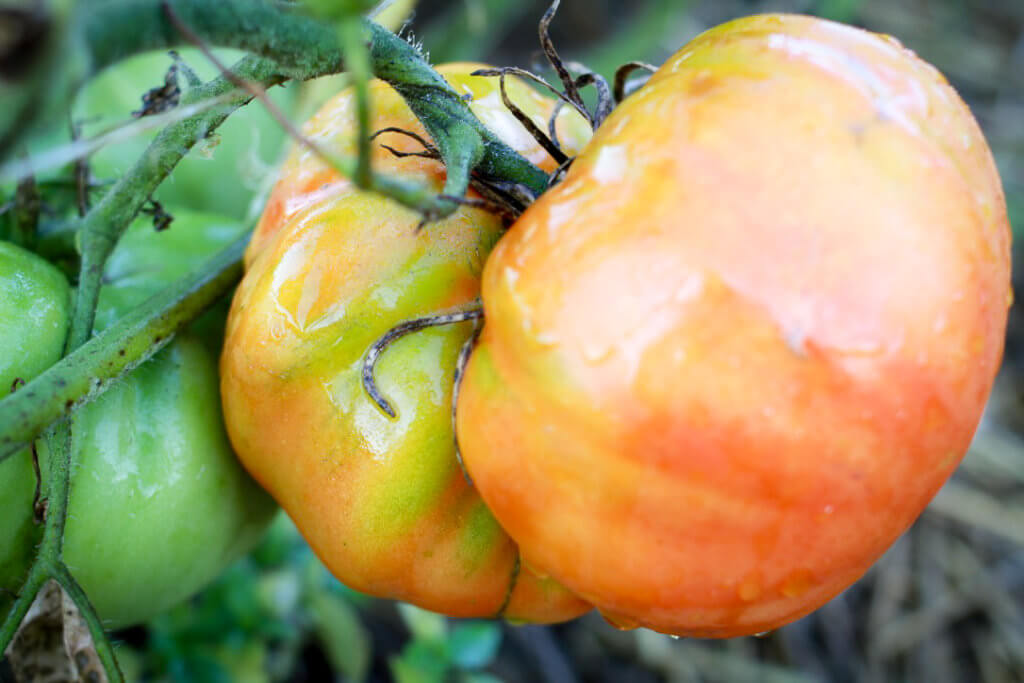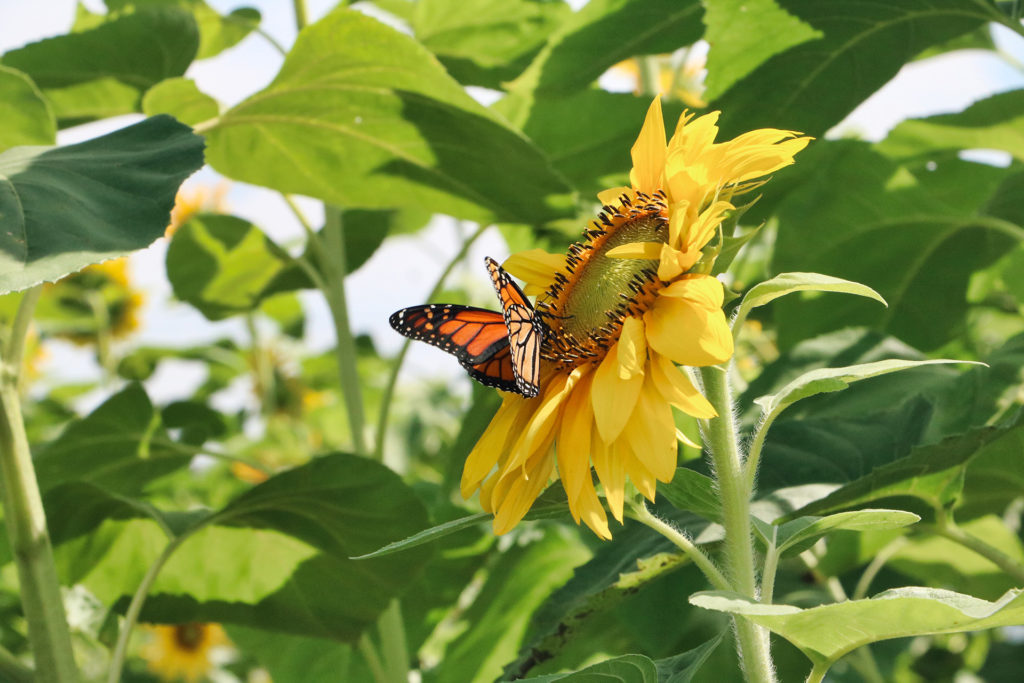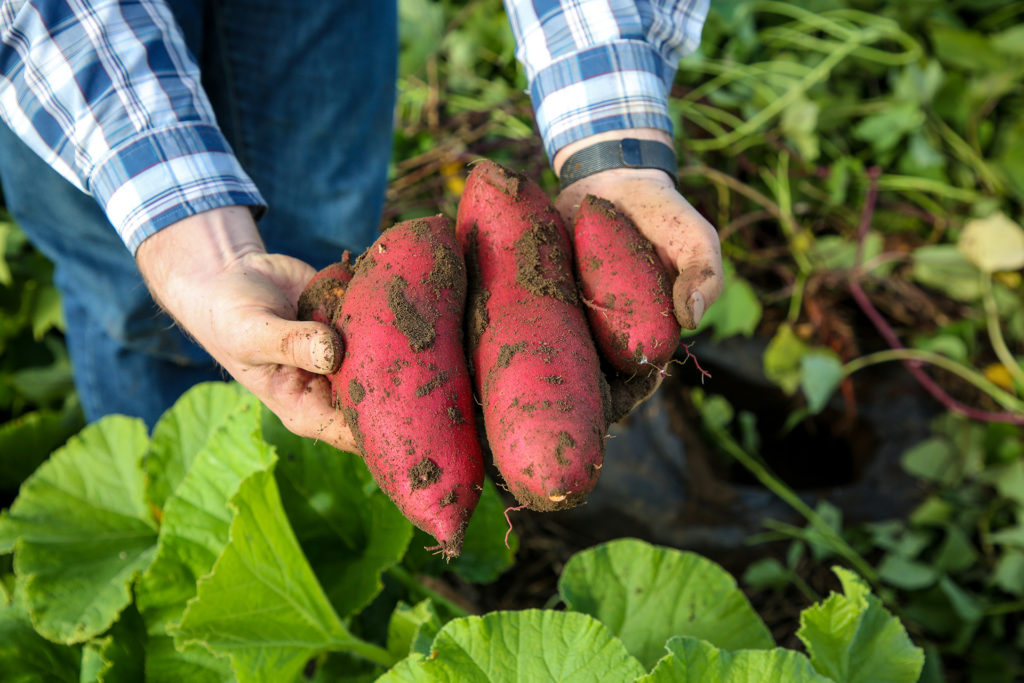Agricultural Fields
At Pitney Meadows Community Farm, we embrace a holistic approach to farming, recognizing the farm as an ecosystem with interconnected elements. Our core focus revolves around soil health, as we acknowledge its pivotal role in sustaining healthy plants, animals, and ultimately, the well-being of our community. Our foundational agricultural practices are as follows:
Remineralization:
This process involves balancing mineral nutrients within the soil. Conducting annual soil tests enables us to analyze mineral content and subsequently apply necessary minerals through natural amendments such as limestone, elemental sulfur, and rock dusts. This practice fosters improved soil structure, creating an optimal environment for microbiological activity, essential for rendering minerals accessible to plants.
Cover Cropping:
Employing cover cropping, or green manuring, entails sowing specific plant mixes to enhance soil quality. These plants facilitate carbon and nitrogen sequestration, root-based compaction layer disruption, and nutrient accumulation from deeper soil levels. Incorporating these crops enhances organic matter and augments biological activity within the soil. Our current green manure mix includes, but is not limited to: sorghum sudan, millet, buckwheat, sunflower, cowpea, triticale, and cereal rye.
Minimal Tillage:
Recognizing the potential adverse effects of tillage on soil structure, carbon oxidation, and microbial populations, we strive to minimize our tillage requirements. Our approach involves a semi-permanent raised bed system, practicing thoughtful crop rotation, and consistently supplementing nutrients through compost and organic matter.
Microbiology:
Microbiology constitutes the living component crucial to soil health. Serving as effective recyclers, soil microorganisms convert plant and animal residues into elemental forms that support new life. Our agricultural practices prioritize the promotion of soil biota populations and diversity.
Organic Practices:
While not formally certified as organic, our farm strictly adheres to organic practices. All amendments and fertilizers originate from natural sources, and we produce our compost on-site. Natural pesticides are sparingly applied only when deemed necessary. We have also strategically established permanent and seasonal plantings to provide habitat for beneficial insect predators.
Ecosystem Stewardship
In acknowledging the farm as a natural ecosystem, we have collaborated with the Natural Resources Conservation Service (NRCS) to plant trees along a traditional riparian corridor spanning 4 acres. This extensive planting, comprising over 1500 trees, aims to provide a windbreak for our cropping areas, create wildlife habitat, sequester carbon over time, and restore a riparian environment. Additionally, we are actively transitioning an additional 4 acres into permanent native pollinator species plantings.
Pitney Meadows Community Farm is proud to unveil a new collection of comprehensive interpretive signs across its campus, marking a major milestone in community stewardship, education, and cultural connection. The...
Right now, across our region, federal funding for food programs is disappearing. But there’s good news: The fields at Pitney Meadows are waking up. And with your help, they will...
At Pitney Meadows Community Farm, we are continuously inspired by the wonderful individuals who share their time, talents, and passion with us. Our Volunteer Spotlight is a way to celebrate...
As we begin another beautiful season together at Pitney Meadows, I find myself reflecting on the powerful message we shared last year: Let’s root for one another. That invitation remains...
Pitney Meadows Community Farm is proud to unveil a new collection of comprehensive interpretive signs across its campus, marking a major milestone in community stewardship, education, and cultural connection. The...
Right now, across our region, federal funding for food programs is disappearing. But there’s good news: The fields at Pitney Meadows are waking up. And with your help, they will...
